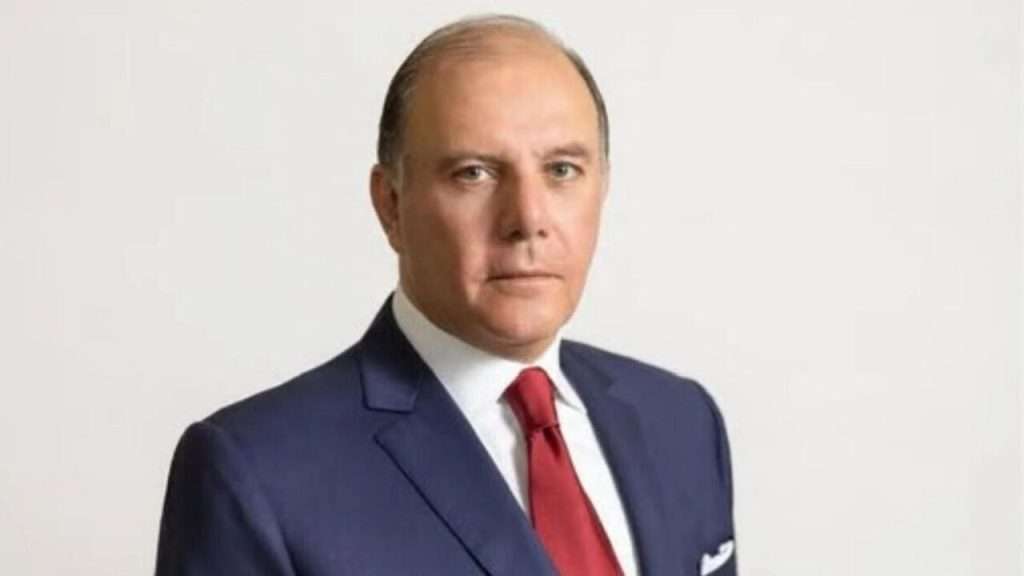Bank of Lebanon pledges crackdown on corruption

The Bank of Lebanon will aim to dismantle the corruption of the shadow economy by tackling money laundering and the financing of terrorism, newly appointed governor Karim Souaid said as he formally took office on April 4th.
According to The National, Souaid, a former asset manager, said work must be done to ensure that depositors who ere locked our of their lie savings after Lebanon’s 2019 economic collapse have their money returned, albeit gradually, with priority given to holders of smaller amounts.
Financial institutions including the central bank “and the Lebanese state must assume their responsibilities” in this matter, Mr Souaid said.
“The Bank of Lebanon will work to eliminate the illegal economy by combating money laundering and terrorist financing,” he said.
The bank would work independently, without political interference, he added.
Lebanon’s economic collapse in 2019 has been widely attributed to decades of financial mismanagement and endemic corruption by the political elite.
Mr Souaid succeeds interim governor Wassim Mansouri, who led the institution following the departure of long-time governor Riad Salameh in 2023.
Mr Salameh, who served for 30 years, has been accused of embezzling hundreds of millions of dollars from the bank.
Mr Souaid’s appointment has the backing of Lebanon’s banking sector and President Joseph Aoun, though it is reportedly opposed by Prime Minister Nawaf Salam.
His leadership comes at a pivotal moment, with restructuring of the banking sector among the key reforms demanded by international lenders and backers before any financial assistance can be provided.
In April 2022, Lebanon secured a staff-level agreement with the International Monetary Fund for a comprehensive economic reform package, supported by a 46-month Extended Fund Facility worth approximately $3 billion.
However, authorities have faced criticism for failing to implement the necessary reforms.
On April 4th, the Lebanese cabinet held discussions on the restructuring of the financial sector, with talks expected to continue into the following week.
Mr Souaid and the Bank of Lebanon will be central to steering this restructuring of a corruption shadowed economy and restoring international confidence in Lebanon’s financial system.
His tenure begins as the country continues to grapple with the fallout of its 2019 financial crisis and the estimated $11 billion cost of the recent conflict between Hezbollah and Israel, estimated by the World Bank.
International expectations also include efforts to combat corruption and halt any illicit financial flows to Hezbollah via the banking system.
However, the group is widely believed to rely on parallel economic networks to finance its operations.
Meanwhile, the new US administration under President Donald Trump has adopted a hard-line stance on Hezbollah, calling for its full disarmament — a deeply contentious issue within Lebanon.
US envoy Morgan Ortagus arrived in Beirut on April 4th for meetings with Lebanese officials, with discussions expected to cover disputed border areas in the south, where Israeli forces continue to occupy five positions in breach of the ceasefire agreement that ended the war in November.
The National. Levantis. Maghrebi
Want to chase the pulse of North Africa?
Subscribe to receive our FREE weekly PDF magazine













